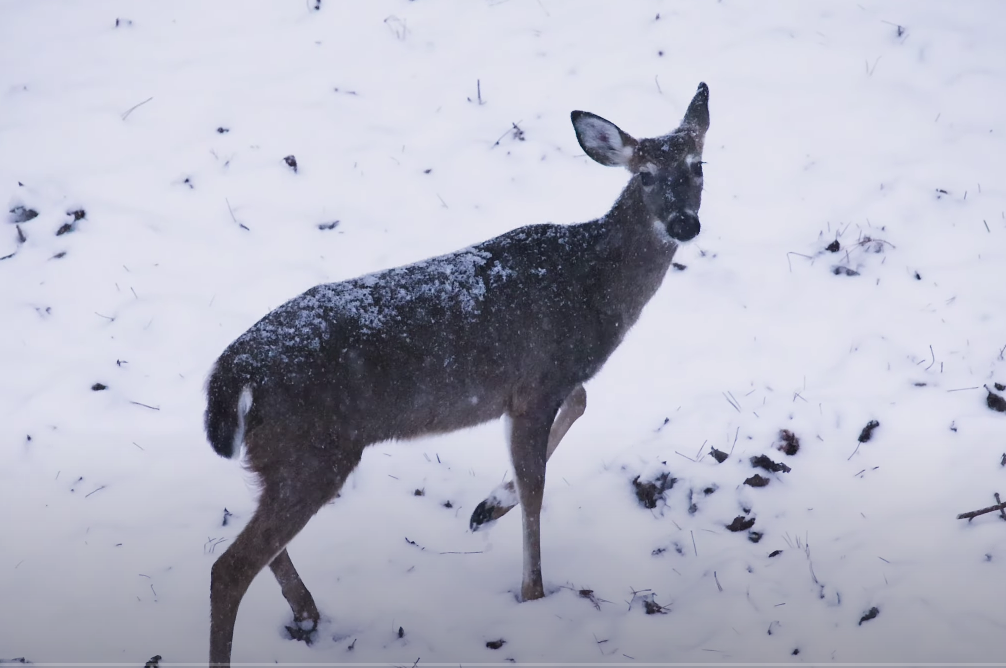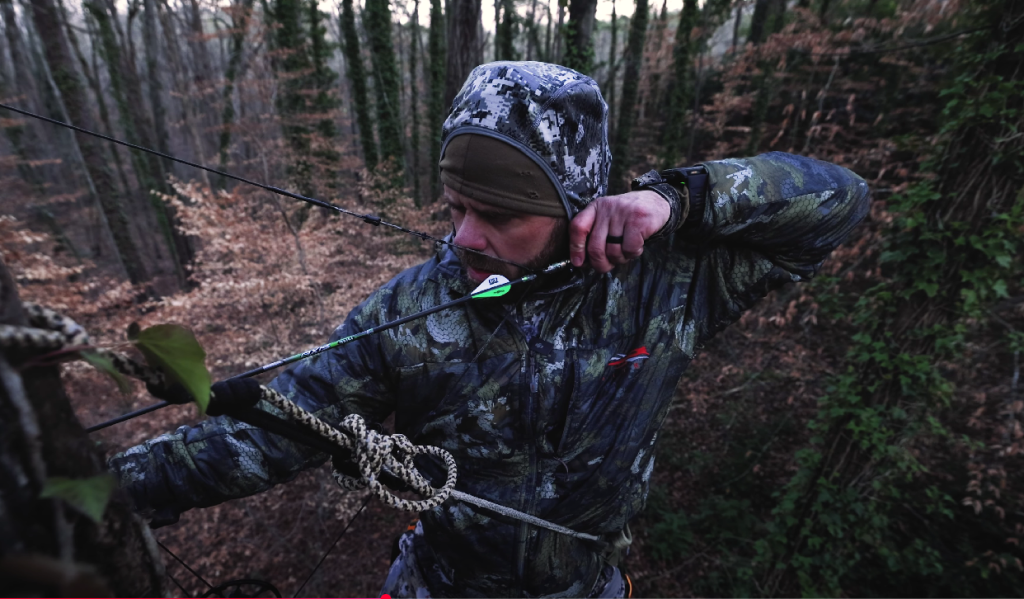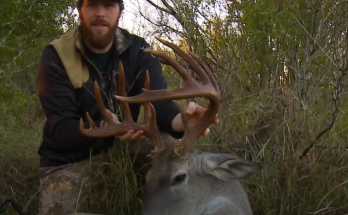The latest hunting season has proven to be highly successful, with over 130 deer harvested by local hunters. This achievement marks one of the most productive seasons in recent years, reflecting both the dedication of hunters and the effectiveness of wildlife management strategies.

Hunters from various regions participated in the season, adhering to strict regulations set by wildlife authorities. These regulations aim to maintain healthy deer populations and ensure sustainable hunting practices. Officials have reported that the high harvest numbers indicate a well-balanced ecosystem, where deer populations remain stable despite increased hunting activity.
Many hunters attribute their success to favorable weather conditions, which allowed for better visibility and tracking. Additionally, improvements in hunting techniques, such as the use of trail cameras and scent control methods, played a crucial role in the increased harvest numbers.
Local wildlife officials have emphasized the importance of responsible hunting in maintaining ecological balance. Overpopulation of deer can lead to problems such as crop damage, vehicle collisions, and habitat degradation. By regulating the number of deer harvested, authorities help mitigate these issues while ensuring that deer populations do not decline to unsustainable levels.

Beyond the numbers, this season has also been a time for hunters to bond and share experiences. Many families and friends participated in hunting trips, strengthening traditions that have been passed down for generations. Community members have celebrated their success by donating venison to local food banks, ensuring that the harvest benefits those in need.
Looking ahead, wildlife officials will analyze data from this season to adjust future regulations if necessary. They will consider factors such as deer population trends, environmental conditions, and hunter participation rates to maintain a balanced ecosystem.
Overall, the 130+ deer harvested this season stand as a testament to responsible hunting and effective wildlife management. With continued cooperation between hunters and conservationists, future seasons are expected to be just as fruitful, benefiting both the environment and the community.



